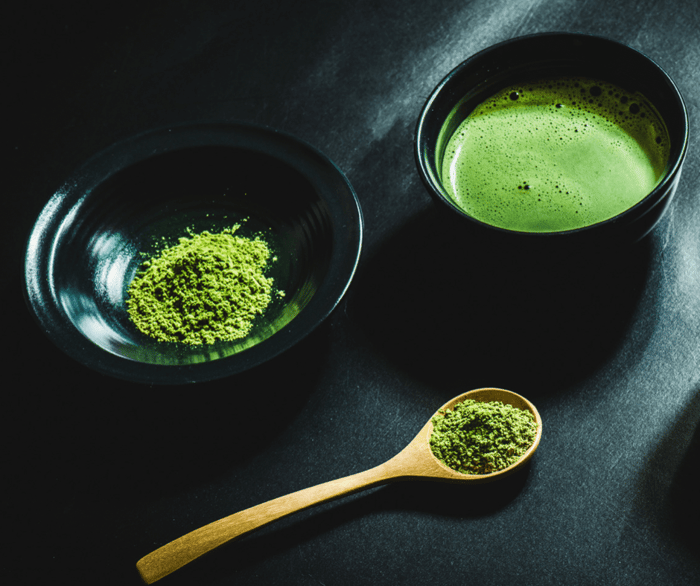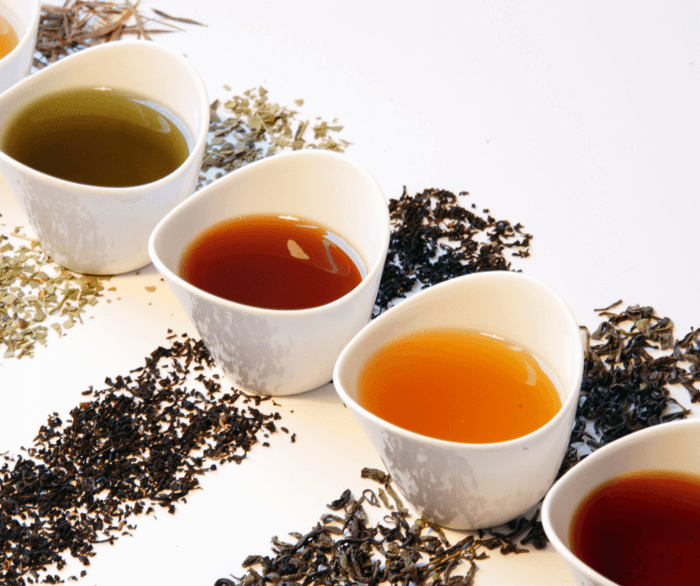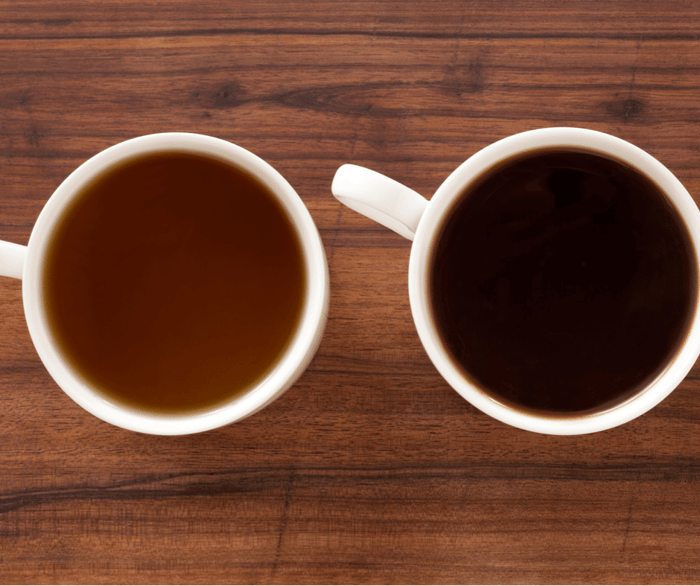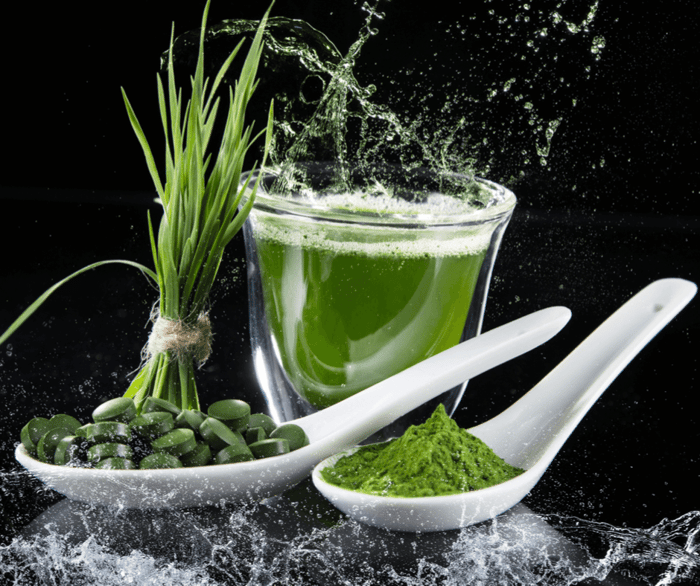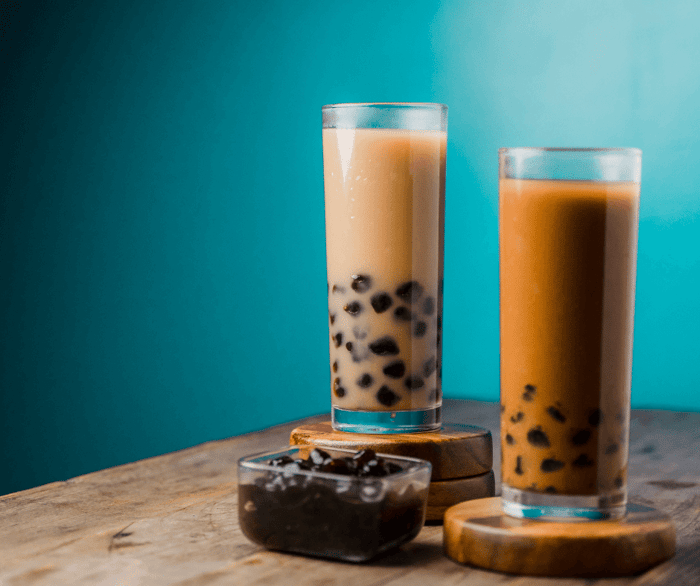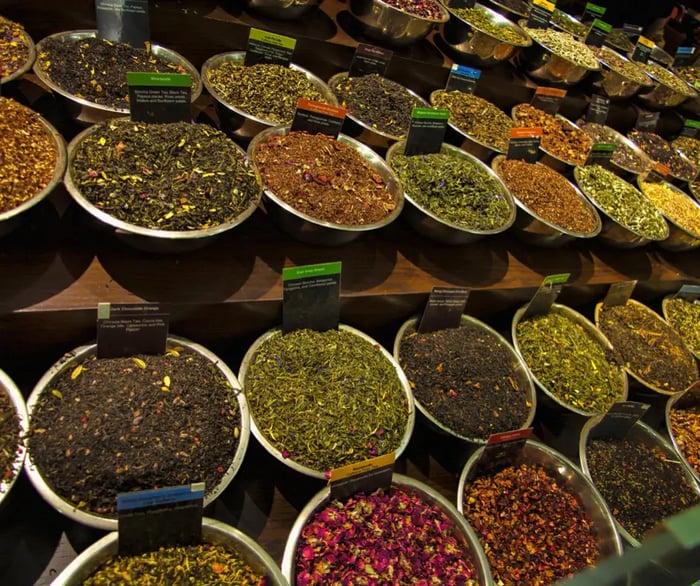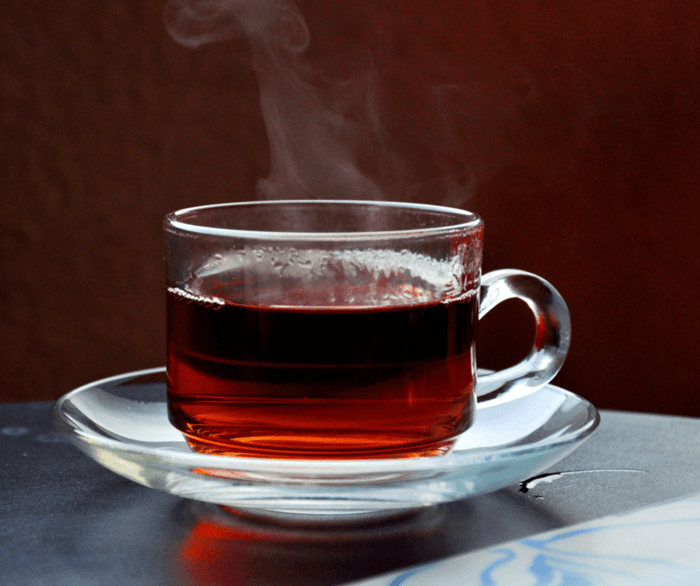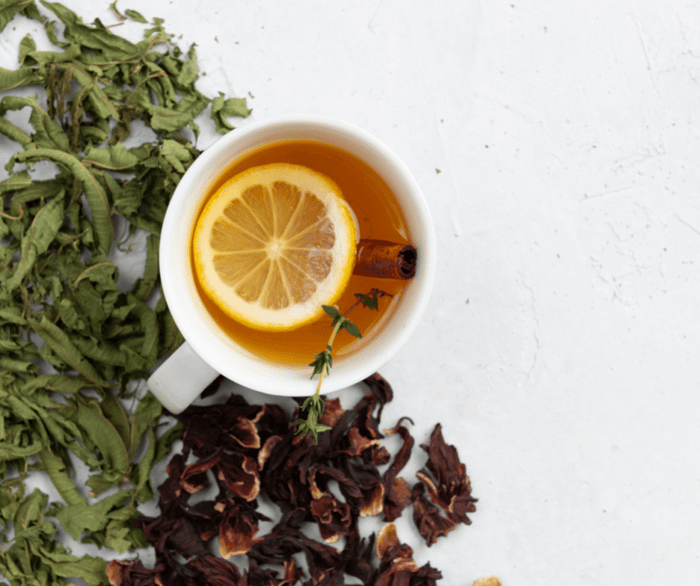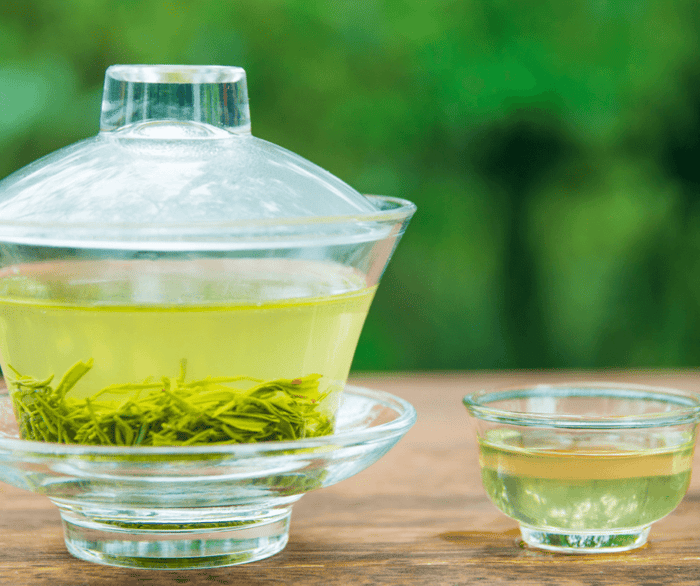What we refer to as "matcha" and what we refer to as "green tea" are similar—In fact, you've probably seen or heard the phrase "matcha green tea." Hence, some of the confusion out there surrounding the use of these two words.
But while matcha and green tea are both made from the Camellia sinensis plant, there are a few key differences between what these terms refer to.
What are the Differences Between Green Tea and Matcha?
How Green Tea and Matcha are Made
You may already know that matcha is a powder made from green tea leaves, but that's not all there is to it! For starters, matcha is made from shade-grown tea leaves, which are then ground into a fine powder. On the other hand, green tea leaves are simply steamed and rolled before being dried and packaged.
The different processing methods give matcha and green tea leaves different shapes and textures. Matcha also has a very bright, more saturated green coloring, while green tea leaves are more of a dark green, which leans more toward brown than, say, chartreuse.
How to Drink (Or Eat!) Matcha and Green Tea
Another key difference between matcha and green tea is the way they are consumed. Matcha powder is dissolved in water (or milk) and drank as a beverage, whereas green tea leaves are steeped in hot water and then removed before consumption.
Is Matcha Healthier than Green Tea?
Matcha powder contains a higher concentration of the nutrients contained in green tea leaves. This is because it contains entire, ground-up green tea leaves, while a cup of brewed green tea contains mainly the water that was in contact with the tea leaves. More of the "good stuff" in green tea is therefore retained when you consume matcha powder vs drinking brewed green tea. (More on that in a bit.)
Green Tea Vs Matcha: Flavor
Likewise, matcha as a beverage also has a more concentrated, intense flavor than traditional green tea. This is because the powder dissolves in water, meaning all of the tea's flavors (and nutrients) are released at once. Green tea leaves are steeped in water, so the flavors are released more slowly.
Remember that when you're drinking matcha, you're actually consuming green tea leaves rather than "just" the essence of tea leaves. Not that there's anything wrong with "just" the essence of green tea leaves—it's packed with good stuff, too! But again, when it comes to vitamins, minerals, and antioxidants, matcha definitely contains a higher concentration of nutrients than brewed green tea.
Does Matcha Have More Caffeine Than Green Tea?
Naturally, being a more concentrated way to consume green tea, matcha contains more caffeine than green tea. Although, the amount of caffeine in matcha vs green tea depends on the quality and type of matcha powder you're using. That's right, there are grades of matcha powder—and matcha itself is a "grade" of green tea!
Grades of Green Tea and Matcha
In the Japanese green tea grading system, matcha is classified as its own grade—alongside other categories like Sencha and Bancha—and its primary use is in the Japanese Tea Ceremony. However, just like here, matcha can also be found as an ingredient in all sorts of foods and drinks.
In general, ceremonial-grade matcha contains less caffeine (and a more subtle, nuanced flavor) than culinary-grade matcha.
Culinary-grade matcha is the type of matcha you're likely to find in things like matcha lattes, matcha bubble tea, and baked goods containing matcha.
In Conclusion: Is Matcha "Better" Than Green Tea?
That really depends on what you're looking for! Both are very healthy, and both have unique flavors and purposes.
If you're looking for a more nutrient-dense, flavor-packed way to consume green tea, matcha is a great choice. And if you want to taste a more mellow, complex flavor from your matcha, stick with ceremonial-grade matcha powder. If you want something on the sweeter side, like a matcha green tea latte, go for culinary-grade matcha.
And, if you're looking for a more gentle, subtle way to get the benefits of green tea that will still help you stay focused and alert, you can't go wrong with a classic cup of brewed green tea.
No matter which type of green tea you choose, you'll be getting a delicious, healthy beverage packed with nutrients and antioxidants. (As long as you don't load it up with sugar, of course!)
Want More Coffee Content?
- Daily Coffee Grind - Click Here
- Coffee Reviews - Click Here
- Coffee Brewing Guides - Click Here
- Coffee Brewer Reviews - Click Here
- All Things Tea - Click Here
- Know Your Caffeine Content - Click Here

